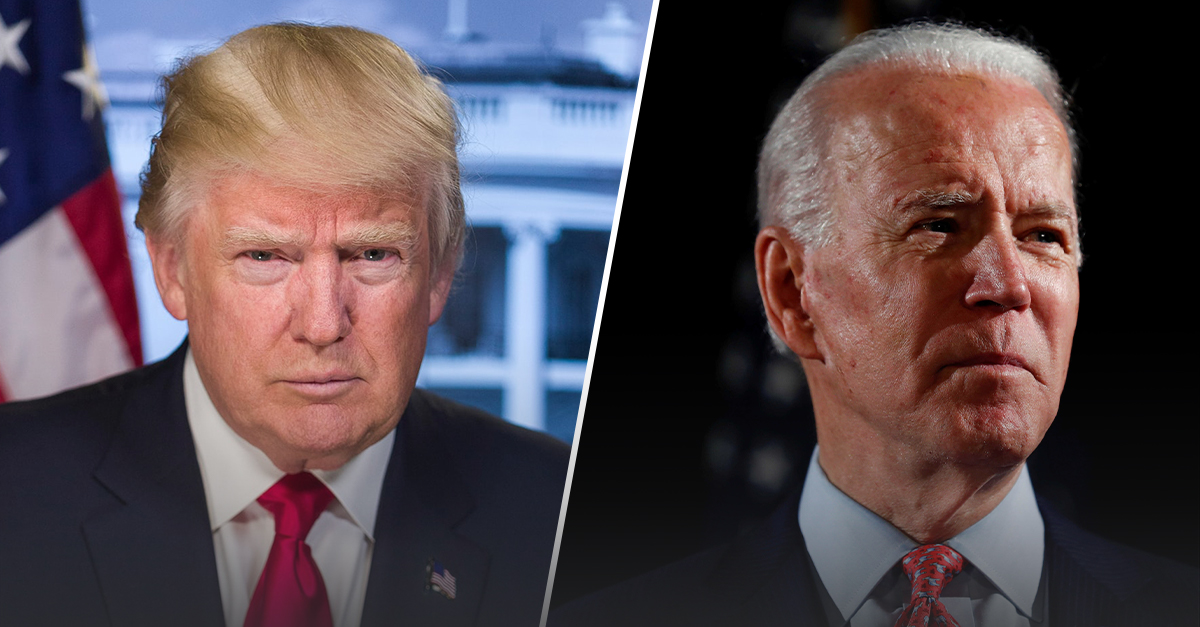


Get a free copy of Parental Rights & Education when you subscribe to our newsletter!

There is much uncertainty in the days following the 2020 election. Many overzealous media outlets are calling the race for Joe Biden while other experts are saying it is still too close to call.
Stack that on top of a slew of lawsuits from the Trump campaign and it becomes an election we would only expect in a year such as 2020.
Many Americans are rightfully asking “what if” Biden doesn’t actually win the race? What if the Supreme Court overturns so many ballot votes that it rescinds electoral votes from Biden putting him behind the coveted (and required) 270 needed for a victory? It is projected that Trump will not receive 270 electoral votes, so what if neither candidate receives enough for election? These are fair questions, as they impact the nation, and the nuance is hardly discussed. In fact, these circumstances have happened only three times in history; in 1801, 1824, and 1837.
Contingent Election
In the event that each presidential candidate fails to reach 270 electoral votes, the 12th Amendment is invoked and the presidential election goes to the House of Representatives. This process is referred to as a contingent election.
The 12th Amendment states that the president and the vice president have to win the “majority of the whole number of Electors appointed” to ultimately win the presidency. If that does not happen, a contingent election will take place in the House of Representatives on the chosen day of January 6. It should be noted that it is the incoming Congress that participates in the contingent election, not the outgoing.
270 becomes 26.
In a contingent election, the House of Representatives does not vote for the president in the same manner they vote for legislation. Rather each U.S. Representative votes as a state delegation, meaning that they vote in their respective states. For example, Oregon is represented by five U.S. Representatives; four Democrats and one Republican. Assuming a party-line vote, the Oregon delegation would vote for the Democrat candidate.
Contingent elections rely on single state votes, not electoral votes. Thus, instead of 270, the new number to win is 26 – the minimum majority of all 50 states. Whichever candidate receives the most votes from the state delegation receives that state’s one vote. Going back to Oregon, a party-line vote would render the Democratic candidate one vote.
Per Section 3 of the 20th Amendment, if the representatives are not able to decide a president before January 20, the vice president-elect will become the interim president until the House can make a decision.
So, what happens if the 2020 election goes to the House of Representatives?
It is too early to know whether or not the election could go to the House this year. With investigations into fraud, recounts, hang-ups, and the fact that it is indeed 2020, anything can happen. But if the 2020 election goes to the House, it will become the contingent election 2021, given the January 6th vote date. Currently, Republicans hold delegation majorities in 26 states, leaving 24 delegation majorities for Democrats. In short, if election 2020 becomes contingent election 2021, and assuming party-line voting methods, Republicans will see four more years in the White House.
Christian conservative news and issues that matter. Curated just for you!
